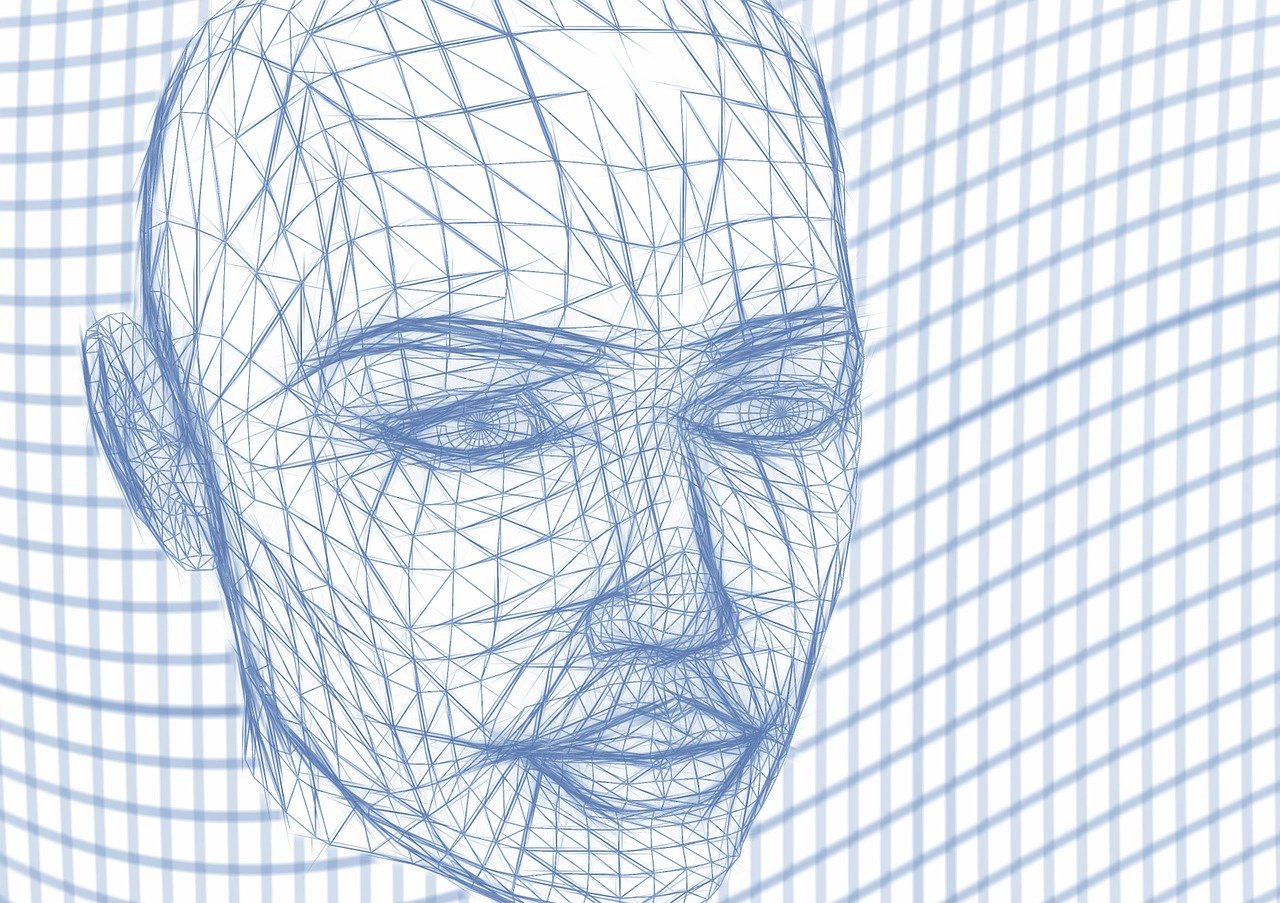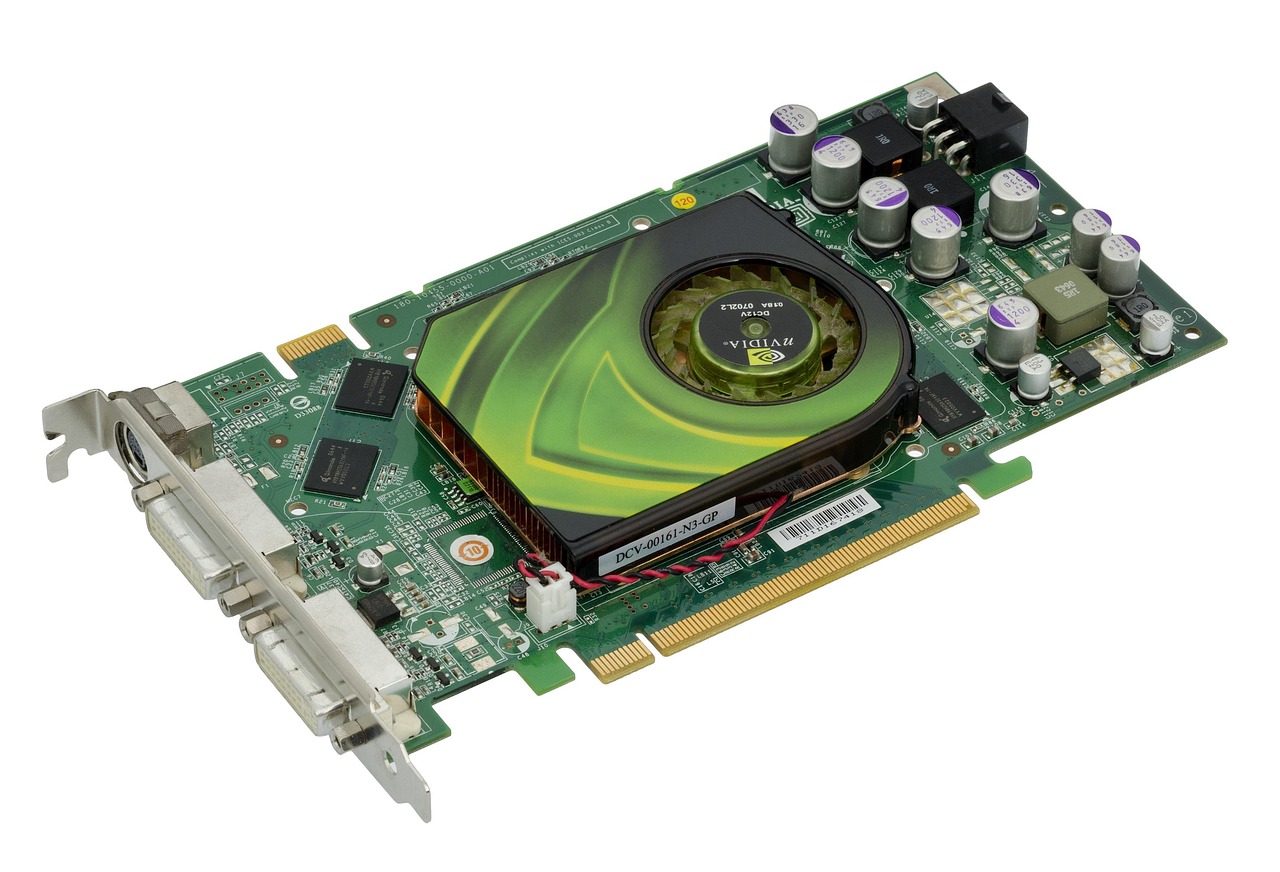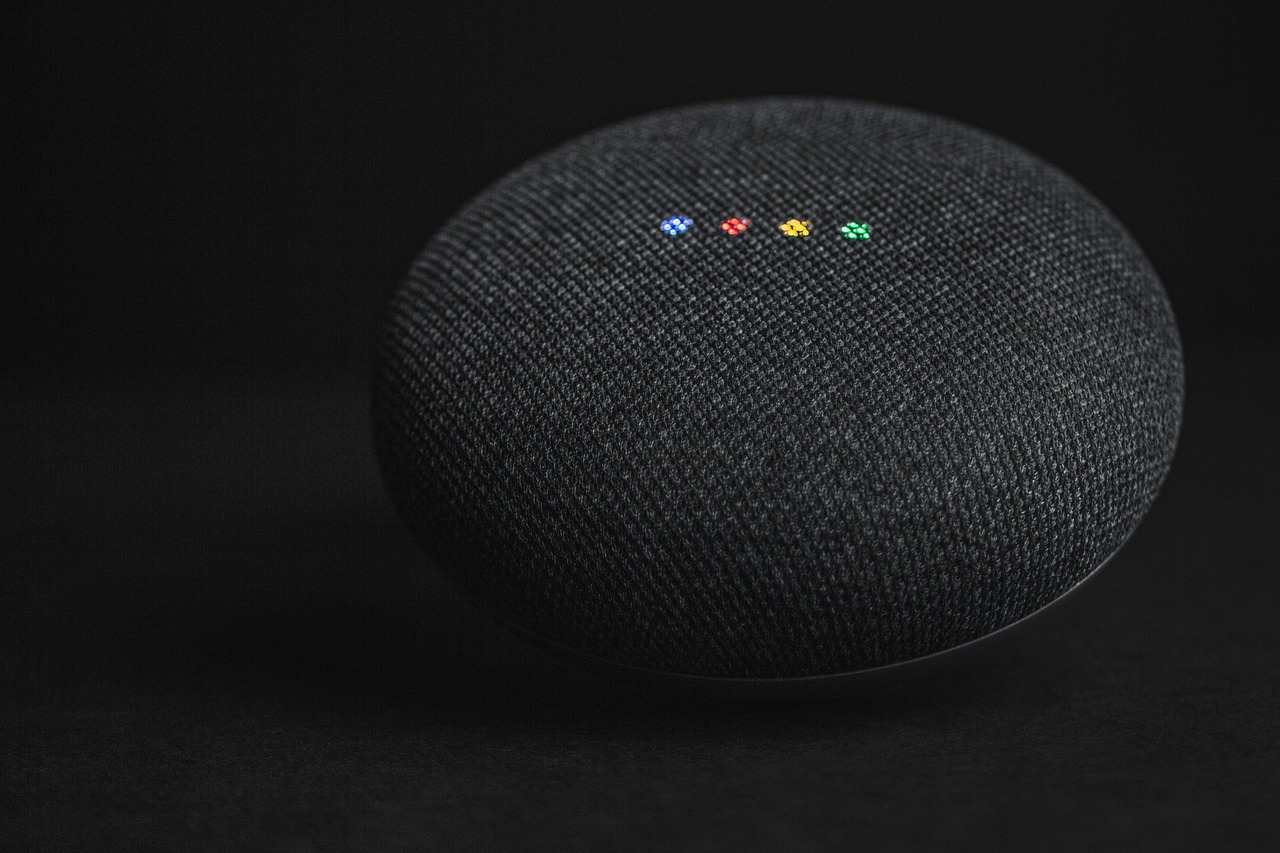Harnessing AI to Bridge Global Education Gaps

Brief news summary
Artificial Intelligence (AI) shows promise in bridging global education gaps, particularly in reading and numeracy. AI technology offers an opportunity to enhance education on a larger scale, benefiting both teachers and students. AI-powered adaptive learning platforms can customize content, offer personalized support, and help teachers create engaging lesson plans. However, to fully utilize AI's potential, affordable connectivity, hardware, and digital platforms accessible to all are essential. Investment in equipping teachers with AI and digital skills, and integrating AI literacy into curricula, is crucial. While AI can supplement teachers' capabilities, well-trained educators must remain central to education. Education inequality persists within and between countries, and there is a risk that technology may exacerbate these disparities. Urgent attention is needed to address the global learning crisis, with technology supporting dedicated teachers to ensure equal opportunities for all children.AI has the potential to address the massive education gaps that exist worldwide. With technology and AI, teachers, students, and schools can benefit from effective tools that enhance the educational experience on a large scale. The use of AI in education can include adaptive learning platforms tailored to students' needs, AI tools to assist teachers in creating engaging lesson plans, feedback systems to improve instructional practices, and early warning systems to identify at-risk students. However, addressing the learning crisis requires affordable connectivity, training teachers in AI and digital skills, incorporating AI literacy into curricula, and overcoming institutional challenges.
The role of teachers is crucial in utilizing technology wisely to provide students with a richer academic experience. Inequality in education is a pressing issue, with disparities between countries and within countries, and technology may further amplify these inequalities. To harness the potential of technology and AI, it is essential to prioritize the human factor in education and ensure that well-trained and dedicated teachers are empowered with the right conditions. Education systems must adapt to leverage technology effectively and provide quality education to all students.
Watch video about
Harnessing AI to Bridge Global Education Gaps
Try our premium solution and start getting clients — at no cost to you

I'm your Content Creator.
Let’s make a post or video and publish it on any social media — ready?
Hot news

NVIDIA's market cap once again reaches the pinnac…
NVIDIA's Market Capitalization Hits New Highs Amid AI Surge, Driving Demand for High-Speed Copper Cable Connectivity NVIDIA Corporation has once again achieved a major milestone in its market capitalization, fueled by the rapidly expanding interest and adoption of artificial intelligence (AI) technologies across multiple industries

Predis.ai Partners with Semrush to Enhance AI-Pow…
Predis.ai, an advanced AI-driven platform specializing in ad creative and social media content generation, has announced a strategic partnership with Semrush, a leading SaaS platform for online visibility management and content marketing.

Amazon backs Gaxos.ai’s AI coach for high-stakes …
Amazon AWS Funds Development of Gaxos AI Sales Platform 02/03/2026 - 08:12 AM Roseland, NJ, Feb

Google’s SAGE Agentic AI Research: What It Means …
Google published a research paper on developing a challenging dataset to train AI agents for deep research tasks, providing insights into how agentic AI deep research operates and implications for content optimization.

Deepfake Technology Advances: Opportunities and E…
Deepfake technology has seen significant advancements in recent years, revolutionizing the creation and perception of synthetic media.

Z.ai Rebrands and Releases GLM-4.6 Model
Z.ai, a trailblazer in artificial intelligence formerly known as Zhipu AI, has recently undergone a major rebranding.

Amazon's Alexa Introduces AI-Powered Home Automat…
Amazon has recently launched a major update to its Alexa smart home assistant, introducing new AI-driven features aimed at improving home automation and providing users with a more personalized experience.
AI Company
Launch your AI-powered team to automate Marketing, Sales & Growth

and get clients on autopilot — from social media and search engines. No ads needed
Begin getting your first leads today








